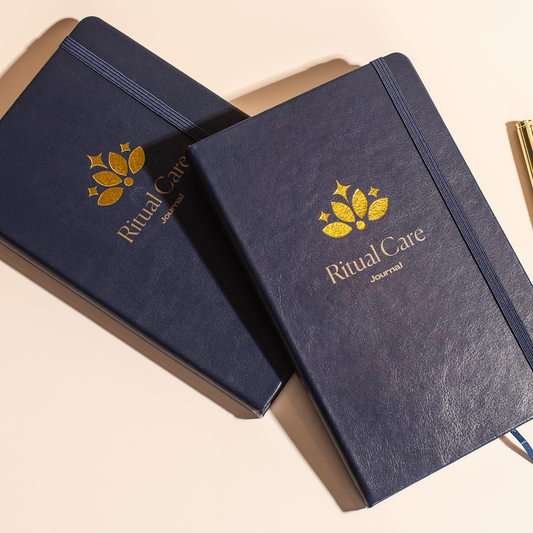While you’re pregnant, physical activity can certainly help you maintain your health and fitness goals. Did you know that it can also condition your baby for life outside of the womb?
When you exercise regularly while pregnant, your baby’s cells use the physiological messages from your body to develop stronger body systems, which will better equip your baby to meet physical demands after birth. Physical activity during pregnancy can provide the following five benefits for your developing baby in the womb and after birth.
Your physical activity can also reduce your baby’s heart rate and increase heart rate variability. This means your baby’s heart is developing to function in a way that is similar to your healthy and physically active heart. When the heart is conditioned, it does not have to work as hard to deliver blood throughout the body, and the heart rate is lower during times of rest.
According to the British Journal of Sports Medicine, you shouldn’t use a target heart rate to determine your ideal intensity of physical activity when you’re pregnant, because each woman’s heart responds so differently to exercise. Instead, trust your own perception of what feels intense to you. For moderate-intensity exercise, aim to maintain your level of perceived exertion between 12 to 14 (somewhat hard) on a scale of 6 to 20.
Before starting to exercise or making any changes to your exercise regimen, speak with your doctor or midwife. For more information on exercise during pregnancy and postpartum, read the British Journal of Sports Medicine’s review on the exercise guidelines established by the American College of Obstetricians and Gynecologists in 2003.
*Editor’s Note: The information is this article is intended for your educational use only; does not necessarily reflect the opinions of the Chopra Center’s Mind-Body Medical Group; and is not a substitute for professional medical advice, diagnosis, or treatment. Always seek the advice of your physician or other qualified health providers with any questions you may have regarding a medical condition and before undertaking any diet, supplement, fitness, or other health program.
When you exercise regularly while pregnant, your baby’s cells use the physiological messages from your body to develop stronger body systems, which will better equip your baby to meet physical demands after birth. Physical activity during pregnancy can provide the following five benefits for your developing baby in the womb and after birth.
1. Healthier Cardiovascular System
Regular exercise while pregnant can help your baby’s circulatory system work more efficiently. One study showed that exercise during pregnancy can have long-term benefits for a baby’s vascular function and health. Exercise can develop your baby’s vascular system flexibility, which reduces how hard the heart has to work to pump blood throughout the body.Your physical activity can also reduce your baby’s heart rate and increase heart rate variability. This means your baby’s heart is developing to function in a way that is similar to your healthy and physically active heart. When the heart is conditioned, it does not have to work as hard to deliver blood throughout the body, and the heart rate is lower during times of rest.
2. Improved Breathing Movements
Your exercise can help increase your baby’s fetal breathing movements. These breathing movements support the development and functionality of the respiratory system and the central nervous system.3. Increased Vagal Nerve Control
As mentioned, physical activity increases fetal breathing movements—and, in turn, fetal breathing movements can enhance vagal function. The vagus nerve is the longest cranial nerve. Stemming from the brain and passing through the neck, thorax, and abdomen, the vagus nerve is responsible for many motor and sensory jobs—such as swallowing and involuntary muscle control of the heart, lungs, esophagus, and glands of the digestive tract. It is very important to your baby’s health.4. Better Communication Within the Central Nervous System
In utero, your baby develops 8,000 new brain cells every second. When you exercise, your baby’s brain activity increases and the brain develops more quickly. This results in more communication between the brain cells, nerves, and nerve endings throughout the brain and body.5. Enhanced Growth
Physical activity has been shown to increase the placenta’s ability to deliver blood to your baby—which means more oxygen and nutrients will be passed to your baby to help enhance growth.What Is the Ideal Exercise Intensity for Pregnant Women?
The five benefits listed above can take place by performing exercise that is of moderate intensity. According to the Centers for Disease Control and Prevention (CDC) and the American College of Sports Medicine (ASCM), moderate physical activity is equivalent to a brisk walk at 3 to 4.5 miles per hour. The CDC and ASCM recommend that you spend 30 minutes exercising at a moderate intensity most days of the week—or, preferably, every day of the week.According to the British Journal of Sports Medicine, you shouldn’t use a target heart rate to determine your ideal intensity of physical activity when you’re pregnant, because each woman’s heart responds so differently to exercise. Instead, trust your own perception of what feels intense to you. For moderate-intensity exercise, aim to maintain your level of perceived exertion between 12 to 14 (somewhat hard) on a scale of 6 to 20.
Before starting to exercise or making any changes to your exercise regimen, speak with your doctor or midwife. For more information on exercise during pregnancy and postpartum, read the British Journal of Sports Medicine’s review on the exercise guidelines established by the American College of Obstetricians and Gynecologists in 2003.
*Editor’s Note: The information is this article is intended for your educational use only; does not necessarily reflect the opinions of the Chopra Center’s Mind-Body Medical Group; and is not a substitute for professional medical advice, diagnosis, or treatment. Always seek the advice of your physician or other qualified health providers with any questions you may have regarding a medical condition and before undertaking any diet, supplement, fitness, or other health program.






















